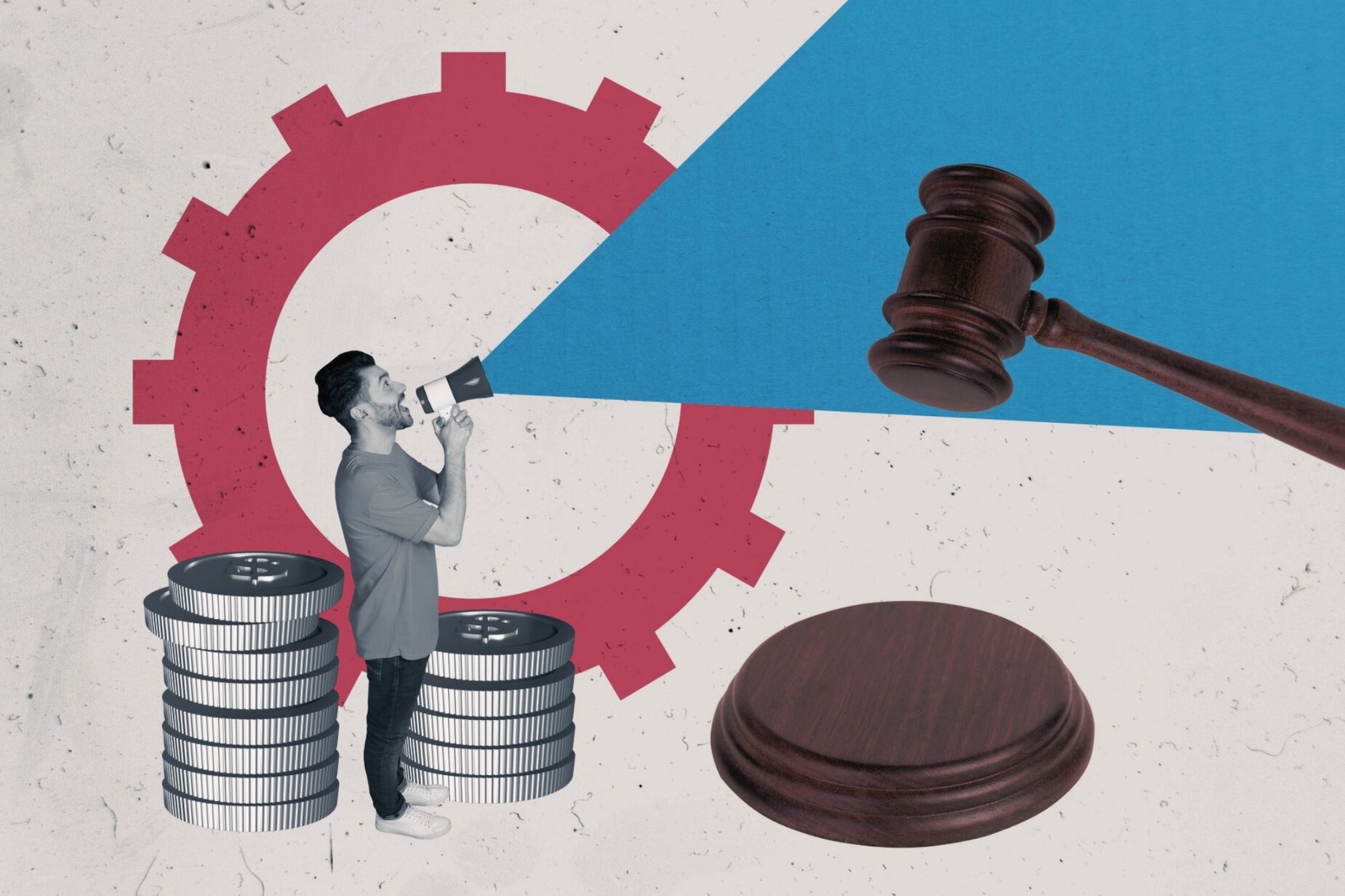Media outlets heralded President Donald Trump’s “new tone” on the coronavirus last week, but the so-called shift only came after aides warned him that “our people” in Republican states were getting sick, according to The Washington Post.
After weeks of trying to downplay the coronavirus spikes around the country, Trump acknowledged last week during his first pandemic briefing in months that the health crisis would likely “get worse before it gets better” and urged Americans to wear a face covering, even though he has refused to do so publicly on all but one occasion.
The “shift” also came as polls showed even the president’s own supporters souring on his widely-criticized response to the pandemic. The U.S. has reported more than 147,000 deaths out of more than 4.2 million confirmed infections, according to Johns Hopkins University. That number is nearly twice as many as the next country on the list: Brazil.
“Trump’s shortcomings have perplexed even some of his most loyal allies, who increasingly have wondered why the president has not at least pantomimed a sense of command over the crisis or conveyed compassion for the millions of Americans impacted by it,” The Post reported.
Sources close to Trump told the outlet that “the president’s inability to wholly address the crisis is due to his almost pathological unwillingness to admit error; a positive feedback loop of overly rosy assessments and data from advisers and Fox News; and a penchant for magical thinking that prevented him from fully engaging with the pandemic.”
Trump has revived the coronavirus press briefings, and the White House has started a new working group led by Dr. Deborah Birx and senior adviser Jared Kushner as cases have continued to rise across the country.
The moves came after advisers began to show Trump maps and data illustrating that the spikes were among “our people” in Republican states, a senior official told The Post. They also showed projections that the spikes could soon hit key election swing states, such as Michigan, Minnesota and Wisconsin.
Ben Rhodes, who served as the deputy national security adviser under former President Barack Obama, questioned why Trump waited until the end of July to react to the spikes, which have impacted his re-election chances.
“The irony is that if he’d just performed with minimal competence and just mouthed words about national unity, he actually could be in a pretty strong position right now, where the economy is reopening, where jobs are coming back,” he told The Post. “And he just could not do it.”
Caitlin Rivers, an epidemiologist at the Johns Hopkins Center for Health Security, told the outlet that Trump’s entire economic message was riding on his coronavirus response.
“The best thing that we can do to set our economy up for success and rebounding from the last few months is making sure our outbreak is in a good place,” she said. “People are not going to feel comfortable returning to activities in the community — even if it’s allowed from a policy perspective — if they don’t feel the outbreak is under control.”
But Trump was largely “unreceptive” to that message until recently, advisers told The Post, arguing that he was not “fully grasping the magnitude of the pandemic” and was “overly preoccupied with his own sense of grievance, beginning many conversations casting himself as the blameless victim of the crisis.”
White House spokeswoman Sarah Matthews disputed the report, arguing that Trump had handled the pandemic “early and decisively.”
“The president has also led an historic, whole-of-America coronavirus response — resulting in 100,000 ventilators procured, sourcing critical PPE for our front-line heroes and a robust testing regime resulting in more than double the number of tests than any other country in the world,” she told The Post. “His message has been consistent and his strong leadership will continue as we safely reopen the economy, expedite vaccine and therapeutics developments, and continue to see an encouraging decline in the U.S. mortality rate.”
But Trump’s detractors said the change in tone, if not action, was far too delayed. Anthony Scaramucci, who briefly served as Trump’s White House communications director before becoming an avowed critic of the president, said the president’s response to the crisis was not unlike his failed business ventures.
“His operating style is to double- and triple-down on positions and to never, ever admit he’s wrong about anything,” he told the outlet. “His 50-year track record is to bulldog through whatever he’s doing, whether it’s Atlantic City, which was a failure, or the Plaza Hotel, which was a failure, or Eastern Airlines, which was a failure. He can never just say, ‘I got it wrong, and let’s try over again.’ “
Rhodes predicted that Trump’s coronavirus response would go down in history as electoral self-sabotage, which could have been avoided by simply doing the bare minimum.
“There is quite a high likelihood where people look back and think between February and April was when Trump burned down his own presidency, and he can’t recover from it,” he said. “The decisions he made then ensured he’d be in his endless cycle of COVID spikes and economic disruption, because he couldn’t exhibit any medium- or long-term thinking.”















